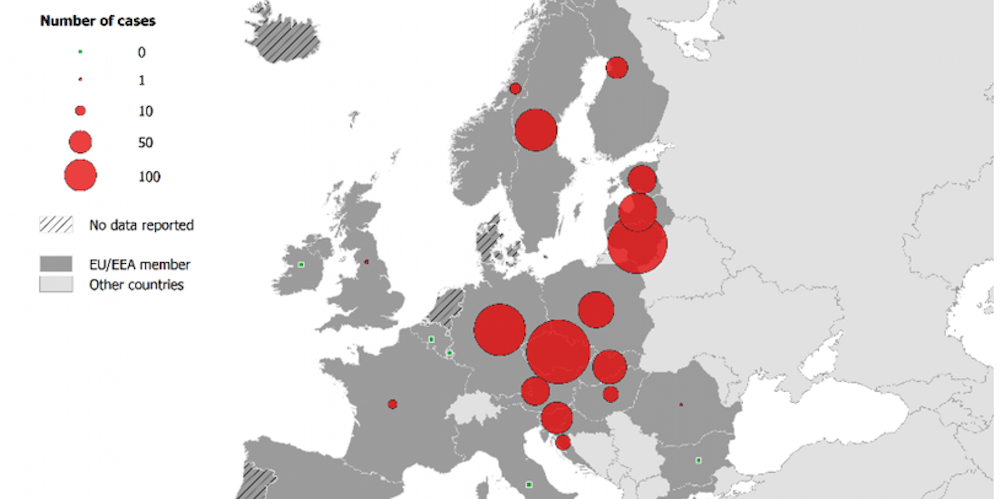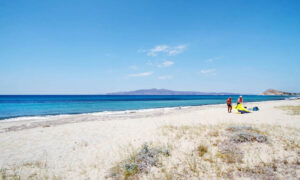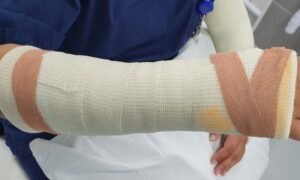(Editor’s note: With climate change, the area for tick-borne encephalitis has expanded. This post has been updated with information about Austria’s tick vaccine. You can see current information here on encephalitis hotspots in Austria.)
The symptoms – fever and a severe headache — began during a summer holiday trip to Austria, about a week after the Dutch man had been bitten on the neck by a tick.
A local practitioner prescribed amoxicillin-clavulanate, an antibiotic commonly used to treat sinus and ear infections. Both the fever and headache improved, only to return with a vengeance a few days after the man had returned home to the Netherlands.
At the time of admission to the hospital, the man also complained of blurry vision and he couldn’t hear well, prompting doctors to suspect meningoencephalitis, an inflammation of the brain and spinal fluid. A blood test ultimately reveled the diagnosis: tick-borne encephalitis virus or TBE.
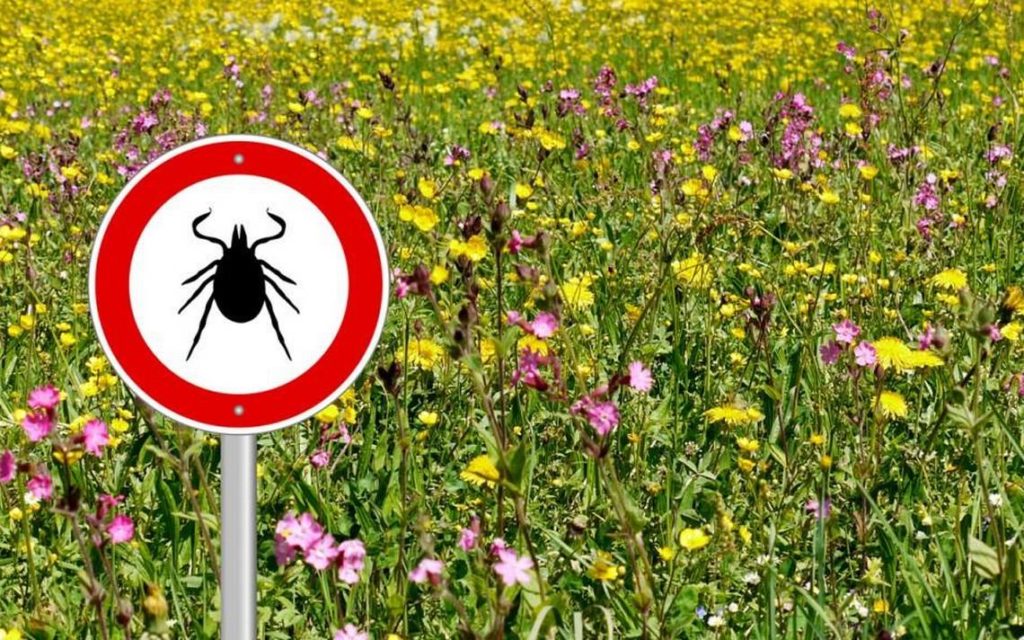
TBE can have long-lasting symptoms
TBE is a flavivirus, the family of viruses that includes dengue, yellow fever and West Nile viruses. Early symptoms of disease generally occur about a week after the bite of an infected tick, although occasionally they may not appear for up to a month.
They’re the same symptoms that occur with routine viral infections and include fever, fatigue, malaise and headache. For many, the illness just runs its course. One third will seem to get better, only to have symptoms recur within a few days to a few weeks. The second time around, TBE is more severe.
People over 50 years old are more likely to experience symptoms as well as severe disease. The Dutch man who contracted TBE during his Austrian vacation ultimately recovered, but seven weeks after admission to the hospital still suffered from headaches, severe fatigue, blurry vision, abnormal hearing and memory problems, according to a report published in EuroSurveillance, the European Union’s journal of epidemiology.
Austria – the hotbed of TBE in Europe – is a popular holiday destination for the Dutch, who make an average of 470,000 trips there annually and collectively spend nearly 6 million overnight stays.
Carinthia, Austria’s southernmost province, is arguably an ideal vacation spot, with two hundred lakes, two national parks and many kilometers of hiking trails through the Alps and the Nockberge Mountains.
It is also an ideal habitat for ticks.
Honestly, it is a bit surprising TBE is rarely diagnosed in the Netherlands. There were just three cases reported between 2006 and 2011. Between 2016 and 2020, 12 patients were reported to have contracted tick-borne encephalitis in the Netherlands. In all likelihood, there were many more that went unnoticed or undiagnosed as two out of three infected people never develop any symptoms.
Worldwide, public health experts see 10,000 to 15,000 cases each year with nearly half occurring in Russia. In Europe, countries where TBE is most commonly encountered include southern Germany, the Czech Republic, the Baltic States and southern part of Scandinavia, although the list is growing.
Recent reports highlight TBE transmission in Great Britain, Switzerland, northeastern France and northern Italy.
Most cases occur April through November, the period when the Ixodes ricinus ticks are most active.
Watch the milk, as well
Contrary to the name, not all cases of TBE are actually tick-borne. The virus can also be transmitted by consumption of unpasteurized milk products made from infected cows, sheep or goats. Person-to-person transmission, however, has not been described.
There are no medications available to treat TBE virus, so prevention is key. Avoid unpasteurized dairy products. Public health authorities recommend wearing a hat, long-sleeved shirts, pants and closed toed shoes when one is an area where one might encounter ticks.
That is easier said that done when hiking in the heat of summer. Effective vaccines are available for the prevention of TBE, and WHO recommends routine immunization for both children and adults living in areas where the virus is very common. Authorities also recommend vaccination for those visiting or work in forested areas – including tourists planning camping or hiking. Tyrol and Upper Austria are the centers of tick-borne outbreaks.
At the present time, it would be extraordinarily rare to contract the infection in the Netherlands, but the virus has been isolated from the occasional tick in the National Park Sallandse Heuvelrug and at least two human infections from this area have been reported.
TBE vaccines available
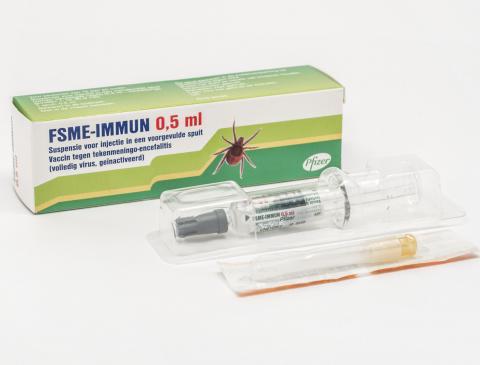
Travelers should know that two TBE vaccines are available in Europe. FSME-Immun, manufactured in Austria, and Encepur, manufactured in Austria, can be given to children as young as one year of age. Three doses are given over 6-months old, with an initial booster dose every three years.
Subsequent booster doses are given every three to five years depending on age and country-specific recommendations. For last-minute travelers who expect tick exposure, an accelerated schedule is possible. Side effects are mild and include redness and swelling at the injection site.
Approximately five out of 100 vaccinees will have a fever. The vaccine works: Before vaccination against TBE became routine in Austria, up to 700 people were hospitalized each year. The vaccine is also recommended for people who plan extensive outdoor activities in TBE-endemic areas.

Think hiking and camping in Austria this summer? There’s still time to protect yourself. TBE is a travel souvenir you can live without.
About the author:
Dr. Kris Bryant is a pediatric infectious disease specialist and an epidemiologist living Louisville, Ky. Kris is frequently in Europe speaking at symposia about her medical research, most recently in Oxford.
Also see her Dispatches post on avoiding Zika virus on your travels.


